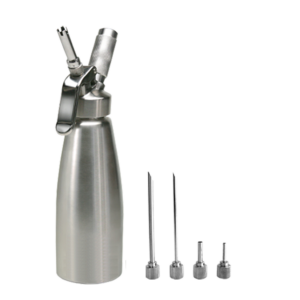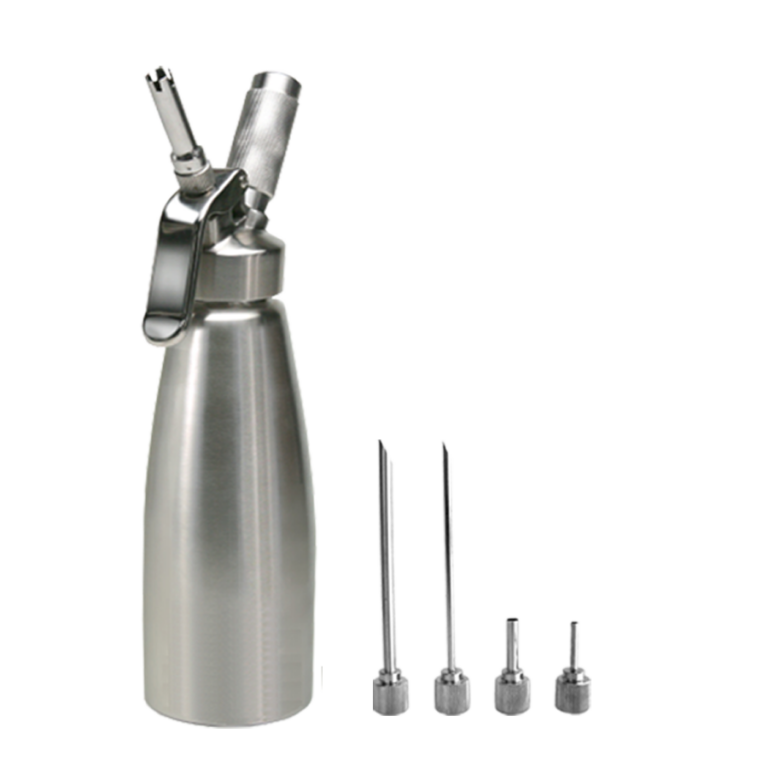Small company owners entering manufacturing face numerous challenges. They must identify a product or specialty with market demand, conduct extensive market research, develop a detailed business plan with financial estimates, production procedures, and marketing strategies, select a location, acquire equipment, and hire experienced staff.
Compliance with legal standards and quality control are crucial for success. Dedication and innovation can help overcome hurdles and capitalize on opportunities. Additionally, visit our website to help you establish a small manufacturing firm, whether you wish to make handcrafted things, bespoke products, or unique inventions:
- Research and idea generation
Begin by identifying a product or sector in which you are enthusiastic and have prior experience. Investigate the market for information on product demand, competitors, and new consumers.
- Machinery and equipment
Invest in the appropriate machinery and equipment for your production process. Investigate the finest solutions depending on your unique industry and production requirements. You can purchase new or secondhand equipment depending on your financial constraints.
- Raw materials and suppliers
Establish trusting ties with your raw material providers. Negotiate advantageous terms and pricing to secure a steady supply of production materials.

- Business strategy
Make a concise business plan outlining your objectives, tactics, budget, and financial predictions. A well-structured strategy is your road map and might be critical when looking for funding or investors.
- Legal Framework and Registration:
Choose a legal structure for your corporation, such as:
- A sole proprietorship
- Partnership
- Limited liability company
- Corporation
Register your company with the correct government agencies and receive any necessary permissions or licenses.
- Market research
Conduct an in-depth market analysis to determine your target audience’s preferences and purchasing behaviors. Seek a price plan that is in line with the value of your product and its market placement.
- Recruitment and training
Employ qualified personnel who are familiar with production procedures. Make sure they grasp your product specs and quality standards by providing training.
- Manufacturing design
Create a factory plan that maximizes space and workflow. Consider safety, accessibility, and the simplicity of product movement inside your facility.
- Strategy for marketing and sales
Create a marketing strategy to advertise your items. Choose a price plan, distribution networks, and sales strategies. To reach your target demographic, establish a strong online and offline presence.

- Finances and budgeting
Keep track of your expenditures, make a budget, and monitor your cash flow. To guarantee profitability, check manufacturing costs, overhead, and pricing.
- Compliance with regulations and safety
Comply with all industry-specific rules, safety standards, and environmental requirements. Failure to comply may result in legal troubles and harm your company’s reputation.
- Scaling and expansion
Consider prospects for development or diversification as your manufacturing company expands. Also, this might include introducing new product lines, expanding into new markets, or boosting manufacturing capacity.
- Customer suggestions and improvement
Collect consumer feedback and be willing to change your products and operations based on their ideas. Long-term success requires establishing a reputation for quality and responsiveness.
Starting a small manufacturing firm needs careful planning, capital investment in infrastructure and equipment, and a dedication to producing high-quality goods. Understanding your market, production process, and regulatory requirements is crucial for success. Your small manufacturing firm may grow and contribute to your entrepreneurial success with devotion and a well-executed plan.










